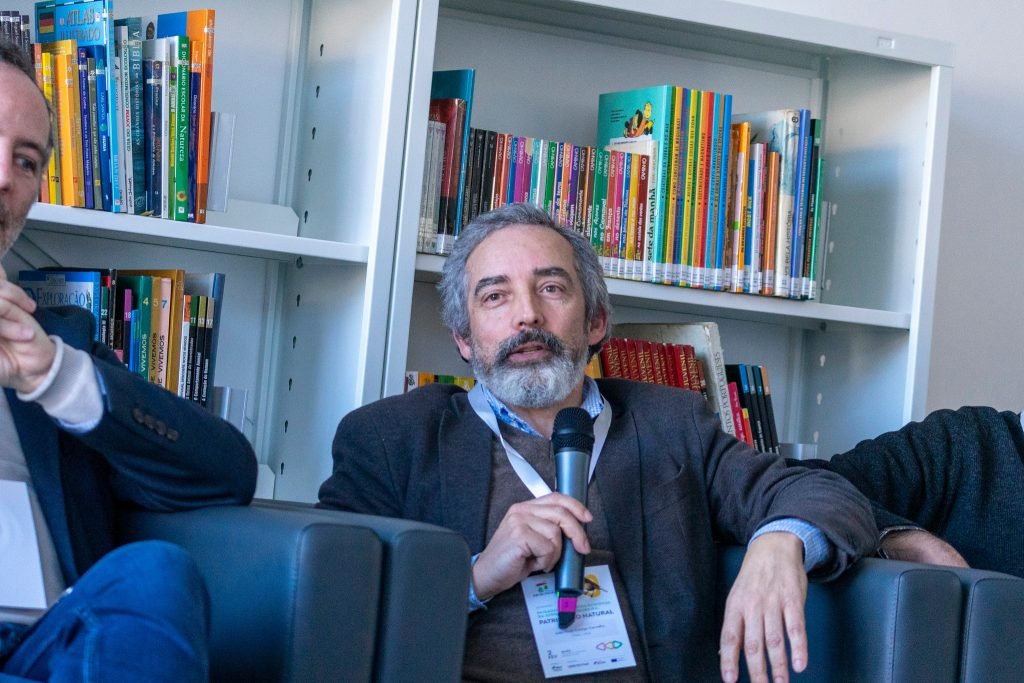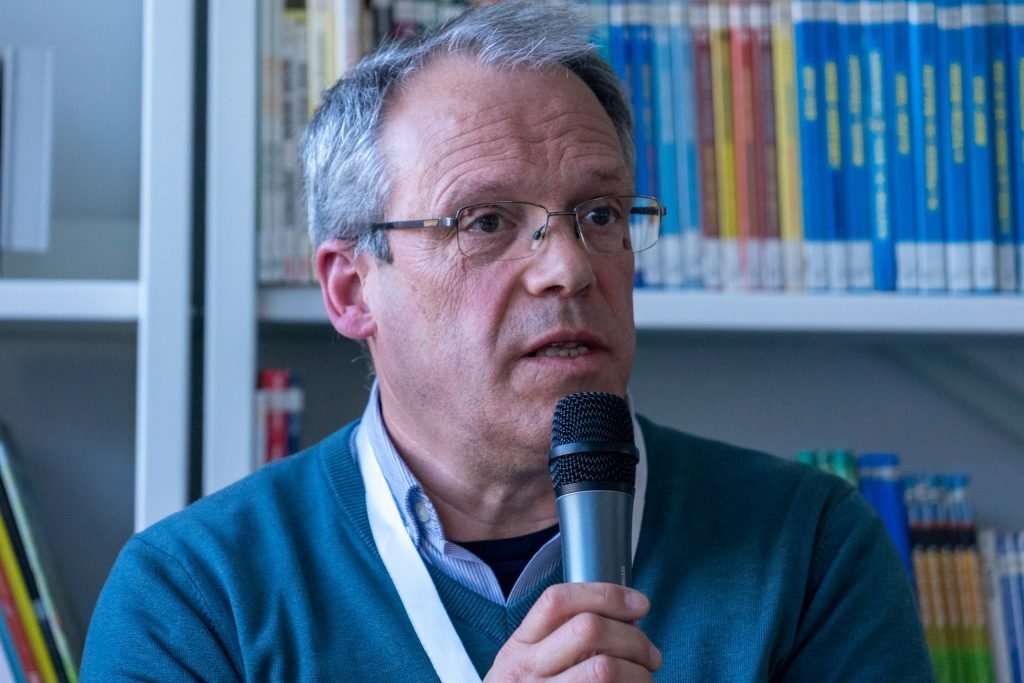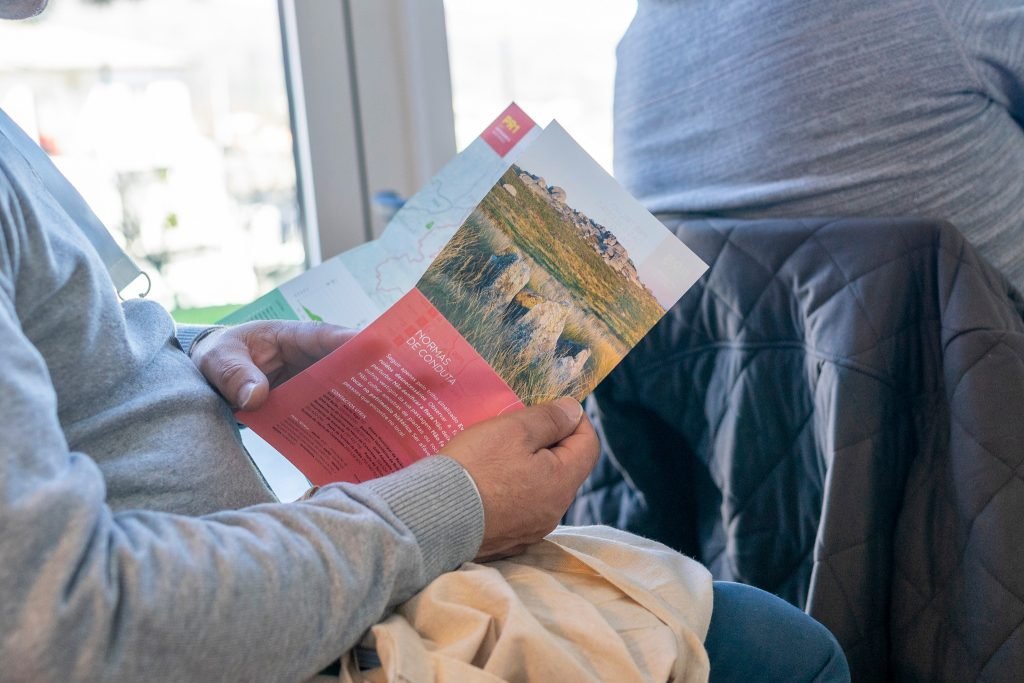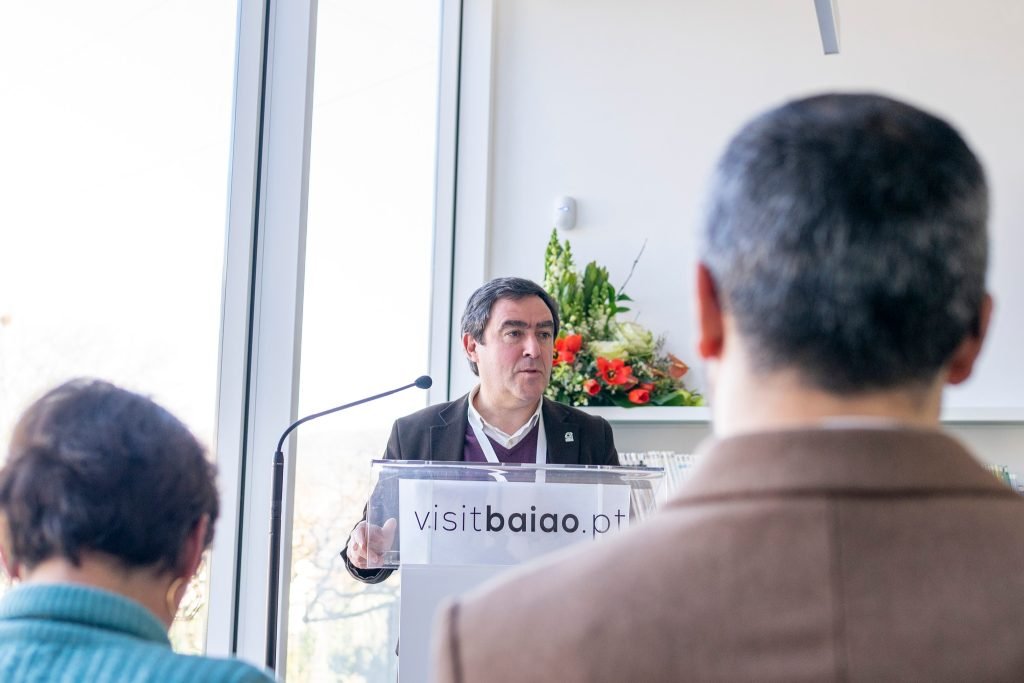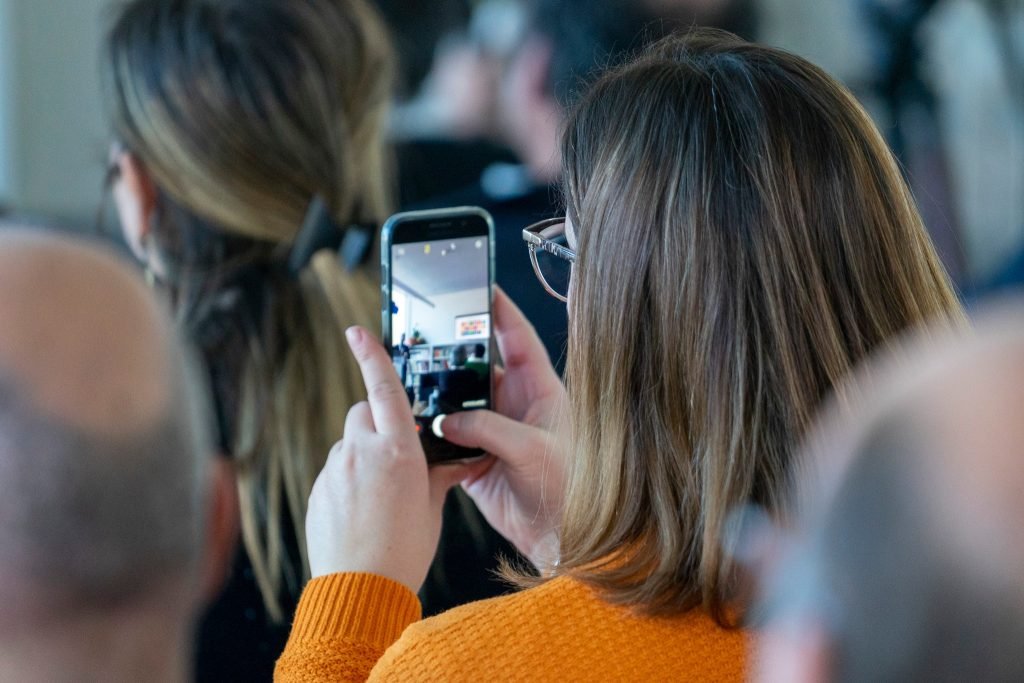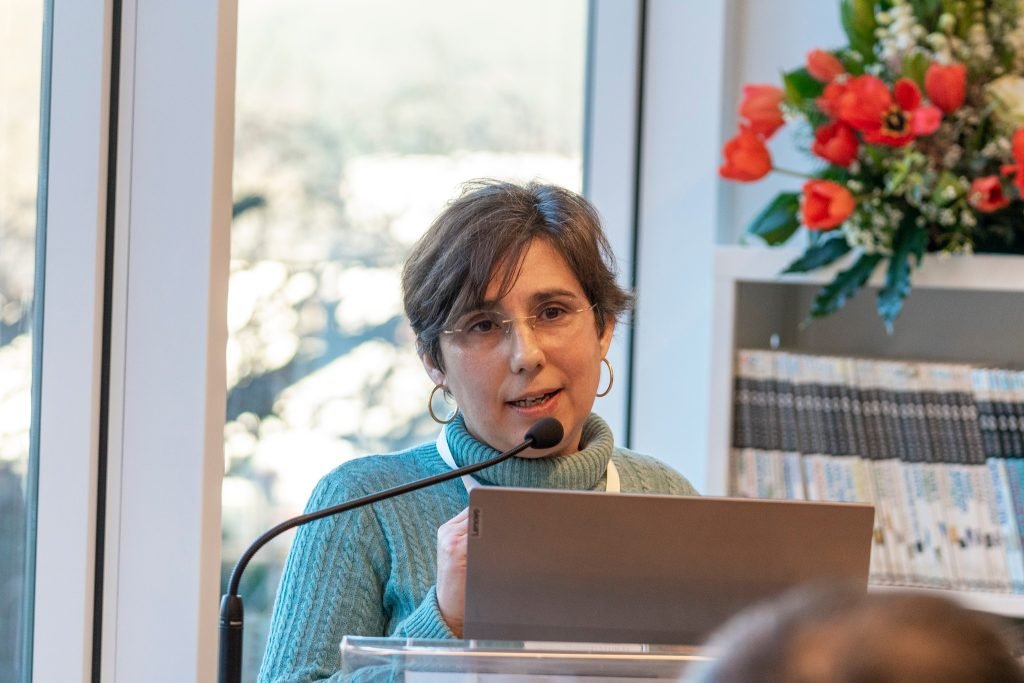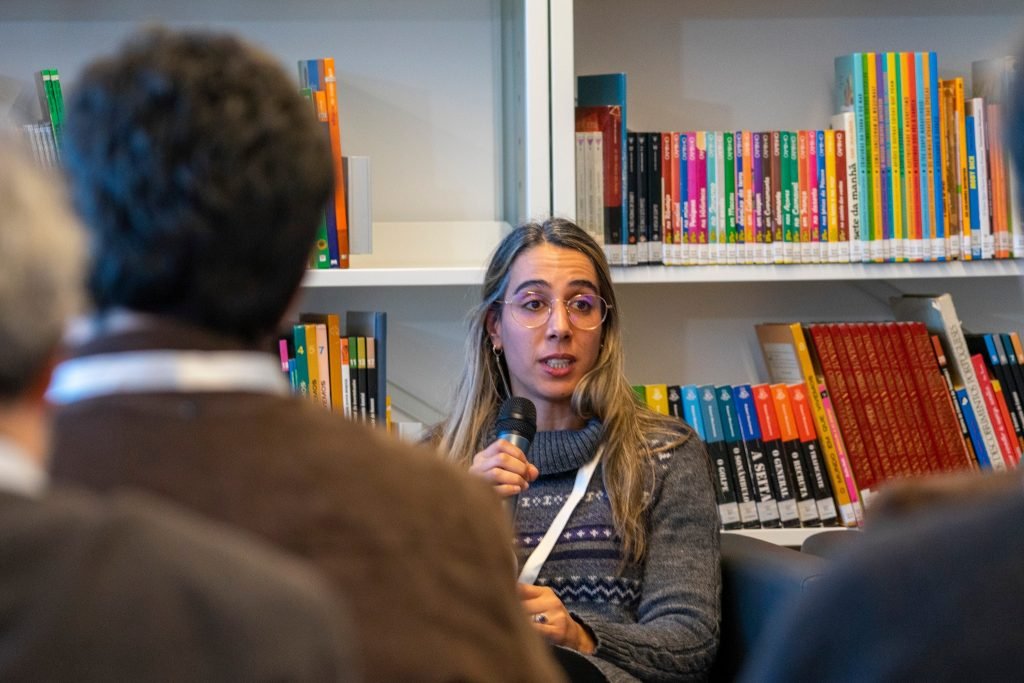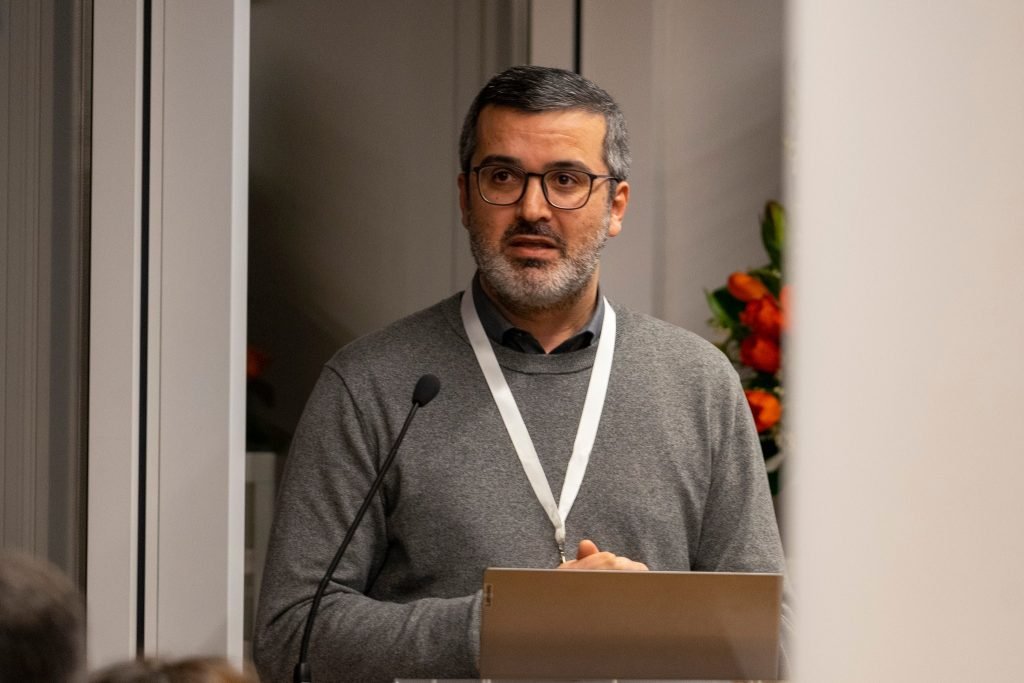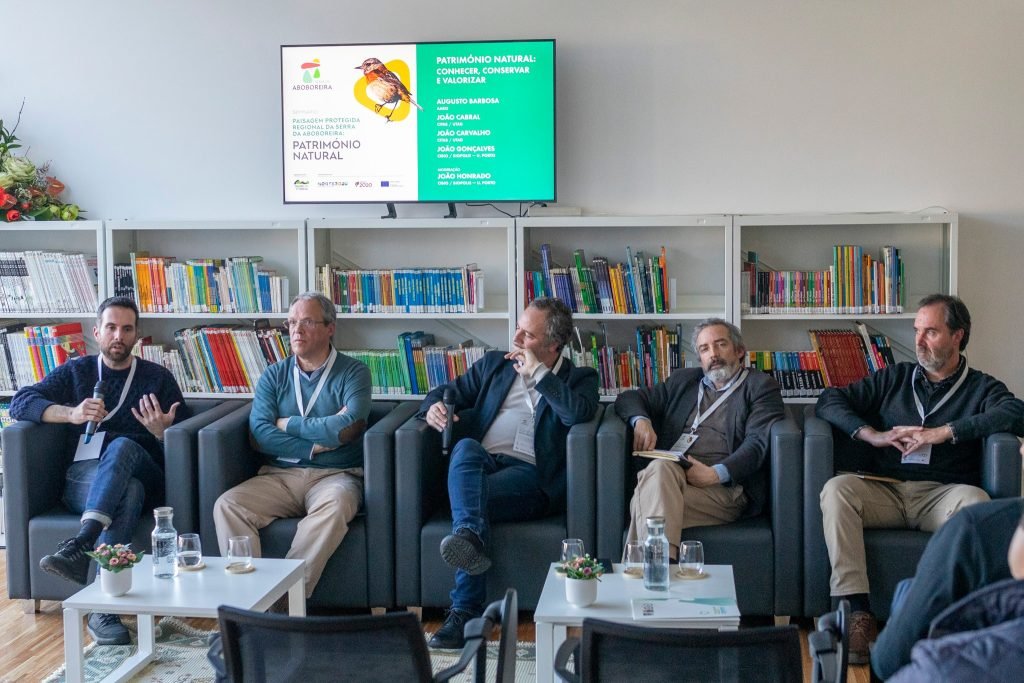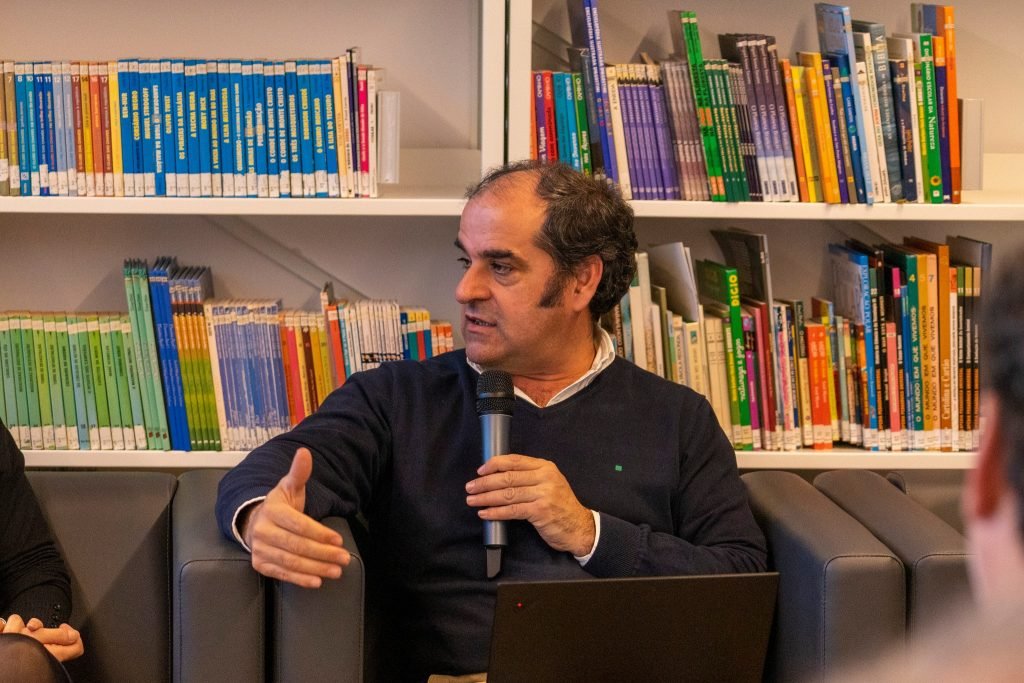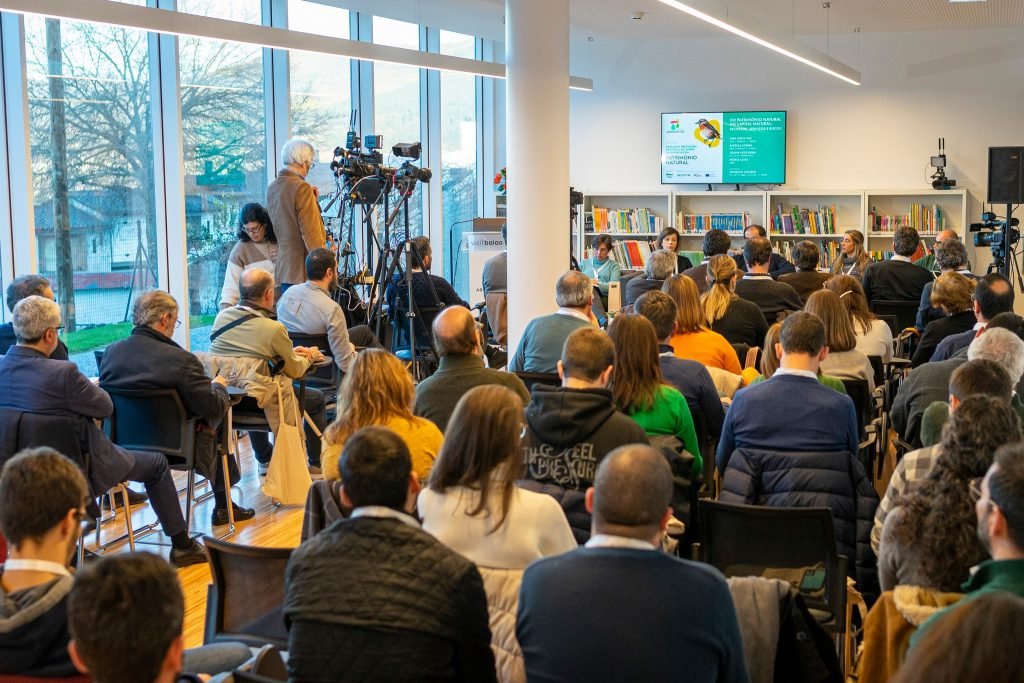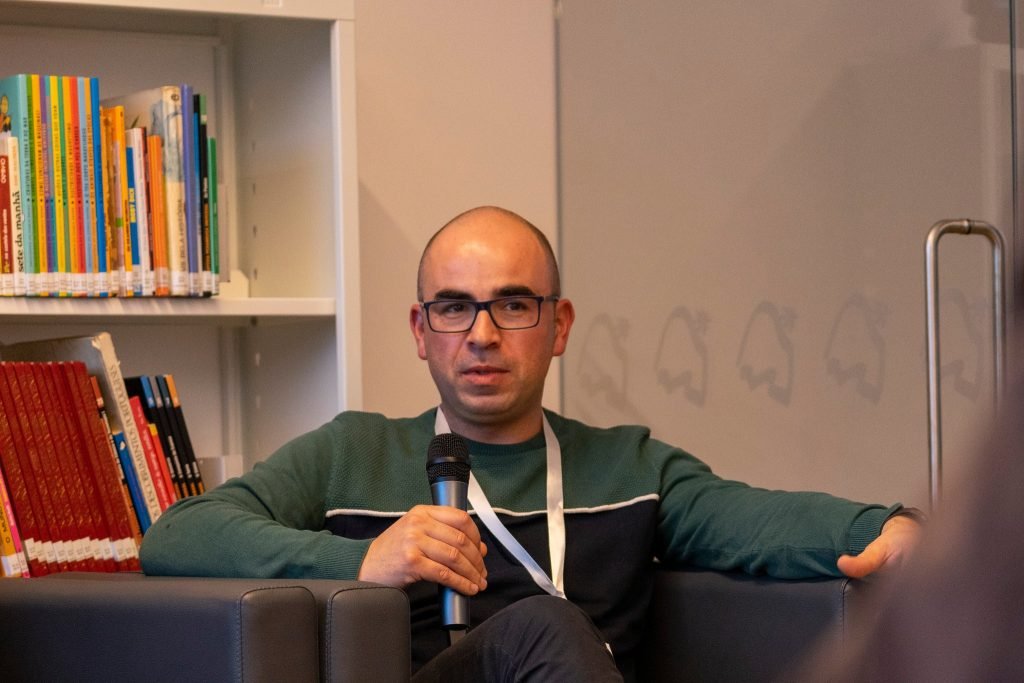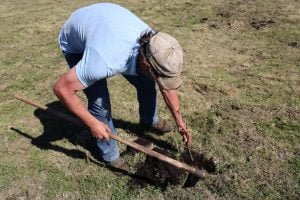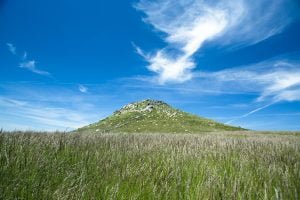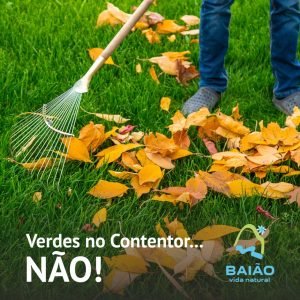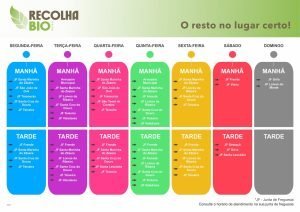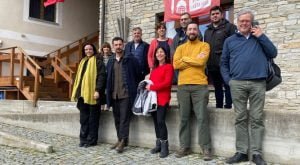A seminar was held at the António Mota Municipal Library on the “Natural Heritage of Serra da Aboboreira”, an initiative promoted by the Douro and Tâmega Municipalities Association (AMDT), with the support of the Baião City Council, as part of the application process for Serra da Aboboreira as a Regional Protected Area.
The Mayor of Baião, Paulo Pereira, opened the session, underlining the importance of preserving that geographic space, as an important asset, not only for Baião, but for the entire territory.
In addition to the references to the present and what could be the future of Serra da Aboboreira, the mayor revealed that “we have been working, for some years, with neighboring municipalities to set up a Geopark with a central core in the Alvão and Marão mountains and that extends to Aboboreira”. For Paulo Pereira, this is an unparalleled project, where cultural heritage is combined with the originality of geothermal phenomena at the origin of the multiplication of thermal baths.
For the progress of the project, there have been contacts that, in addition to Baião, involve the municipalities of Marco de Canaveses, Amarante, Mondim de Basto, Mesão Frio, Peso da Régua, Santa Marta de Penaguião, Vila Pouca de Aguiar and Chaves, with the possibility extension to Verin, in Spain, “transforming the project into a cross-border entity”, he added.
Interventions and debates followed, divided into two panels, with researchers and specialists, in a range of contributions to better knowledge, preservation and enhancement of Serra da Aboboreira.
Natural heritage: Knowing, conserving and enhancing
Under the motto “Natural Heritage: knowing, conserving and valuing”, the first panel featured an introductory lecture by João Gonçalves, professor and researcher at the University of Porto and CIBIO/BIOPOLIS, who addressed the theme “From satellites to drones: the detention remote characterization and monitoring of the natural heritage”, followed by a round table which was joined by João Alexandre Cabral, professor and researcher at UTAD and CITAB, João Paulo Fidalgo Carvalho, professor and researcher at the University of Porto and CIBIO/BIOPOLIS, and Augusto Barbosa, founding member of the Associação dos Amigos do Rio Ovelha, moderated by João Honrado, professor and researcher at U. Porto and CIBIO/BIOPOLIS.
From natural heritage to natural capital: Resources, services and risks
The second part of the seminar repeated the dynamic, this time based on the theme “From natural heritage to natural capital: resources, services and risks”. Joana Nogueira, professor and researcher at Escola Superior Agrária/IPVC and proMetheus, led the introductory conference with “Nature, why do I want you? Local communities and the conservation and enhancement of nature”, having later also participated in the round table with Ana Sofia Vaz and Ângela Lomba, professors and researchers at the U. Porto and CIBIO/BIOPOLIS, and Pedro Alves, technician from DFCI and GIS from the Entre Douro e Tâmega Forestry Association, moderated by Joaquim Alonso, professor and researcher at the Polytechnic Institute of Viana do Castelo and CIBIO/BIOPOLIS.
Finally, Nuno Pinto, Deputy Mayor of Marco de Canaveses, reinforced the role of people in the process of valuing heritage, as main actors in society. “Valuing people are the key words I take from this session. It is important that people value and that, from there, value is created around our heritage”, said the vice-president.
Remember that this was the second of a cycle of three seminars within the scope of the classification of Serra da Aboboreira as Protected Regional Heritage. The first took place in Amarante and the next will take place, on the 23rd, in Marco de Canaveses.
#VerdeeonovoDestino
#GreenisthenewDestination
